Power
The accumulation of, the acceptance of, and the use of power are all explored in this section. The individual reigns of some monarchs are looked at such as those from the Tudor period, but so are other leaders, despotic and revolutionary. Contemporary issues of the use of power in a democracy are explored are more complex ideas around power through individual actions and movements in history.
Sort by:
Date (Newest first) | Title A-Z
Show:
All |
Articles |
Podcasts |
Multipage Articles
-

Helping Year 8 to understand historians’ narrative decision-making
ArticleClick to view -
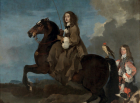
What Have Historians Been Arguing About... Royal Studies
ArticleClick to view -
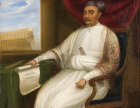
What Have Historians Been Arguing About... the British Empire and the age of revolutions in the global South
ArticleClick to view -

What can rituals reveal about power in the medieval world? Teaching Year 7 pupils to apply interdisciplinary approaches
ArticleClick to view -

Power, authority and geography
ArticleClick to view -
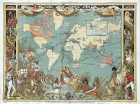
What Have Historians Been Arguing About... the impact of the British Empire on Britain?
ArticleClick to view -

Decolonise, don’t diversify: enabling a paradigm shift in the KS3 history curriculum
ArticleClick to view -

Diversifying the curriculum: one department’s holistic approach
ArticleClick to view -

Transatlantic slavery – shaping the question, lengthening the narrative, broadening the meaning
ArticleClick to view -

Unpicking the threads of interpretations
ArticleClick to view -

Cunning Plan 177: teaching about life in Elizabethan England by looking at death
ArticleClick to view -

Polychronicon 171: Policing in Nazi Germany
ArticleClick to view -
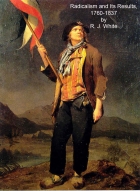
Radicalism and its Results, 1760-1837
ArticleClick to view -
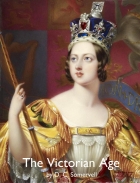
The Victorian Age
ArticleClick to view -
Agincourt 1415-2015
ArticleClick to view -
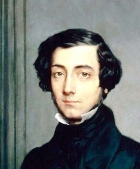
Podcast: Re-imagining Democracy
ArticleClick to view -
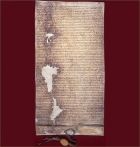
The Great Charter: Then and now
ArticleClick to view -
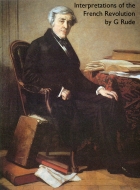
Interpretations of the French Revolution
ArticleClick to view -

Will China Democratise?
ArticleClick to view -
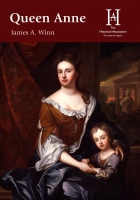
Queen Anne
ArticleClick to view

